|
0 Comments
Article by Kimberly Dawn Neumann | Realtor.com Featured expertise by Jason Gelios | Realtor  For the past two years, the real estate market has very much been a seller’s dream. In fact, all a homeowner had to do was put up the proverbial “For Sale” sign, and multiple offers would almost instantly materialize.
“It was a crazy time,” says Jason Gelios, a real estate agent with Community Choice Realty in Southeast Michigan and author of “Think Like a Realtor.” “People were pricing higher and getting bidding wars above that price, and inventory was so low that it was causing a frenzy. Think Black Friday.” However, the post-COVID-19 housing market finally seems to be regaining some equilibrium. And while prospective home sellers may lament that they missed their prime window, in reality, this is still a terrific time to sell. In fact, according to a recent Realtor.com® home seller survey, 95% of sellers who sold their home in the past year got more than they paid for it. Article by Andrew Lisa | Yahoo Featured Expertise by Jason Gelios | Realtor The homebuying process is long, stressful, complicated, frustrating and expensive.
Filling a new house up with stuff is supposed to be the fun part, but from kitchen appliances and home furnishings to backyard amenities and homeware, buyer's remorse can quickly ruin the party. Explore: GOBankingRates' Best Credit Cards for 2023 See: If Your Credit Score is Under 740, Make These 4 Moves Now In 2014, the Los Angeles Times reported that the average household contains 300,000 things -- from children's toys to paper clips to ironing boards -- and it's only gotten easier to have more stuff shipped to your door since then. 3 Surprising Reasons Home Sales Are Falling Through Today—and How Sellers Can Save the Deal10/19/2022 By Kimberly Dawn Neumann Featured Expertise by Jason Gelios - Realtor For the past few years, anyone who wanted to sell their home was pretty much guaranteed a buyer, but that’s no longer the case.
During the height of the COVID-19 pandemic, a seller’s market reigned, where buyers would do just about anything to get a house, from offering way over the asking price to waiving contingencies. But the real estate landscape has changed a lot since then. In fact, one recent survey by home warranty company Cinch Home Services of 1,000 Americans who tried to buy or sell a home in the past year found that 1 in 5 seller’s deals fell through. The reasons these deals are failing run the gamut, but one common theme is economic uncertainty. According to the Cinch survey, 16% of deals fell through due to buyer’s job loss and in 23%, buyers pulled out because they were afraid of a recession. “Consumers are feeling uneasy about the current state of housing and the economy,” says Ali Wolf, chief economist for Zonda. “Today’s market is different than it was just six months ago.” Guest Writer: Sally Norton Image courtesy of Pexels Nowadays, it is essential to know the actual price of your house, if only to value the property at its best. One of the best ways to appreciate the cost of your home is the location it is built, but why does a good location mean a higher price in the first place? Let's see some of the reasons why the location can affect the value of your house. Town dynamic First of all, the city. A good location can be determined by the town dynamic or the community in which your home is located. A healthy community with a good economy and a mixture of residential can provide excellent job opportunities and maintain road and city services. Neighborhoods, towns, and cities that are well-maintained and clean can boost the sense of community pride, giving much greater value to the area's houses. As the first rule of economics dictates, Supply and Demand determine value. One of the most significant factors is that the more a place draws the attention of buyers, it is only logical for the prices to increase. A clean and safe location can affect the value of your house Neighborhood dynamic Another factor that plays a role in choosing the perfect place is the local neighborhood dynamics. A neighborhood with known criminal activity will value less than a good one with no illegal activity. Also, studies find that the houses in the middle of the block must have particular similarities since it draws more attention when you have homes with the same decoration and building styles. When you do, they have higher value and draw much more attention from potential buyers. And, after all, we must remember that when you have a high-value house, it is easier to sell it and move to a new place. Such experts from statetostatemove.com can advise on the best locations to buy your next home. Last but not least, we should mention that a neighborhood appeal differs for every person and is a fact of personal choice. However, some common factors, such as accessibility, appearance, and amenities, make a neighborhood great. So, let's analyze them. Accessibility In terms of accessibility, you must look for a neighborhood near a city's major transit routes where there are many entry points. Commuting to and from work is one of the biggest parts of your daily routine, so a house near public transportation will make it more appealing. Appearance can also have its part in the way one chooses a home. A good neighborhood with parks near the house will make it seem much prettier than other choices, drawing attention and making you remember it. Now let's explain the facts that make a house more expensive than others. Experts find home buyers with children will highly value their children's education and development. As a result, they are willing to pay more for a house near a school district and even more if the school has a good reputation and is close by. Do not forget that buyers with children consider this as one of the main factors for choosing their new house. The more accessible the house is, the more its value increases Furthermore, the more shops nearby, the better. Everyone, after all, needs shopping, from groceries to clothes and all manners of things for the house. Having that in mind, we can clearly understand that houses closer to shops and malls are casually being sold for higher prices than others. Mainly if near the house exists a 24/7 shop, that alone can increase the house's value by up to 5%. Also, one more reason the location can affect the value of your house is if it is near any entertainment places. Places like movie theaters, plazas with different types of activities for any age, parks, gyms or fitness studios, and, more casually, clubs and restaurants. If places like that are easily accessible from the house, it can significantly increase its value. And lastly, we have amenities, like the ones mentioned above, restaurants, supermarkets, and many more daily routine shops we visit every day. View There are knowledgeable experts that can share their expertise on what and how location can affect the value of your house, but one of the basics which always play a major role is the view. The view plays a major role in psychology, and most people prefer a house with an open view over one where you can almost touch your neighbor if you step out onto the balcony. While this might be different from person to person, if the house has a view of mountains or a panoramic view of the ocean, it will give a higher value to your house. Even the sound of waves crashing on the rocks from a distance, without any view, will have this benefit. Great view is a big factor in a house price Centrality Centrality is one of the first things that determine the price of a house. Where you choose to live, whether it is a city, a town, or a village, will greatly affect its value. The land is a finite commodity, after all, so the most logical thing is that the bigger the city, the higher the price is going to be. That said, if the city is small, it does not have many ways to increase the value of a house since it has fewer shops, schools, etc. The last factor is what time of the year the house is being appraised. A house near a beach, for example, will usually cost more during vacation time and less during the rest time of the year. If you found the perfect house but the time for the prices to go up arrives, then, in order to save time when moving long distances, it’s best to relocate now, even if it is done on short notice, because real opportunities are rare. Conclusion In the end, we can safely say that there are many ways location can affect the value of your house. I hope this guide covers everything you need to know and that it makes the selection of the perfect home all the easier.
Article by Kimberly Dawn Neumann Featured expertise by Jason Gelios It’s been a mad, mad world the past few years, and that very much includes the real estate market. But the times, they are a changin’—yet again. And the good news for potential homebuyers is that the “anything goes” rules of the COVID-19 pandemic housing market frenzy are lifting.
While we have yet to reach homeostasis—where buyers and sellers have equal power—there are signs of a more balanced real estate exchange. In fact, even with rising interest rates and inflation, a recent survey by fintech mortgage lender Lower found that nearly 6 in 10 potential homebuyers (56%) felt that right now was the right time to buy a house. How is that possible? While higher interest rates mean some potential buyers will find themselves unable to qualify for a mortgage, this cooling demand benefits the buyers who are still out there, giving them more options—and a little more negotiating power. Granted, exactly how much power buyers have will vary by location—certain stubbornly hot markets will remain a struggle. But the prevailing winds are blowing a bit more in favor of buyers these days. As such, many of the crazy rules you were hearing (and likely following) during the past two years of real estate pandemonium no longer apply. Article by Kimberly Dawn Neumann | Realtor.com Featured expertise by Jason Gelios | Realtor Looking to rent an apartment? Join the club! Applications for rental units returned to pre-pandemic levels by the end of 2021, with applications up 13% from the previous year. And the largest spike in active apartment hunters is among Gen Z renters (up 39%)—many of whom were entering the rental market for the first time.
But with all this newbie renting, there are bound to be mistakes made along the way, especially while navigating the seismic shifts in a COVID-19-altered real estate market. To help, here are some of the things that today’s rookie renters often get wrong that can cost them, big-time. Peruse this list to make sure you’re aware of these common mistakes. 1. Not bothering to check your credit score While checking credit scores may not be the first thing on renters’ minds, it matters now more than ever. “With more renters than available rentals, landlords are being more strict on creditworthiness,” says real estate agent Denise Supplee, co-founder of Spark Rental. “Since there are more |
AuthorJason Gelios is a Husband and Father. After that, a Top Producing REALTOR®, Author of the books 'Think like a REALTOR®' and 'Beating The Force Of Average', Creator of The AskJasonGelios Real Estate Show and Expert Media Contributor to media outlets across the country. Archives
July 2024
Categories |

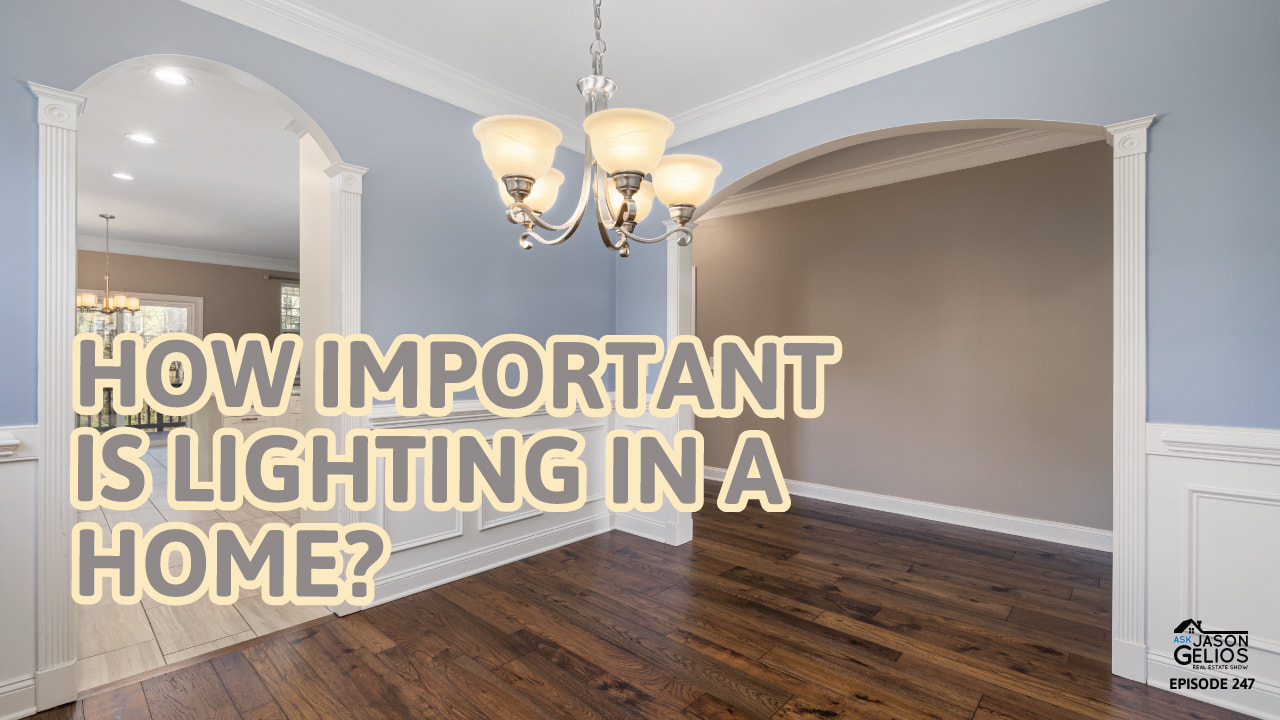

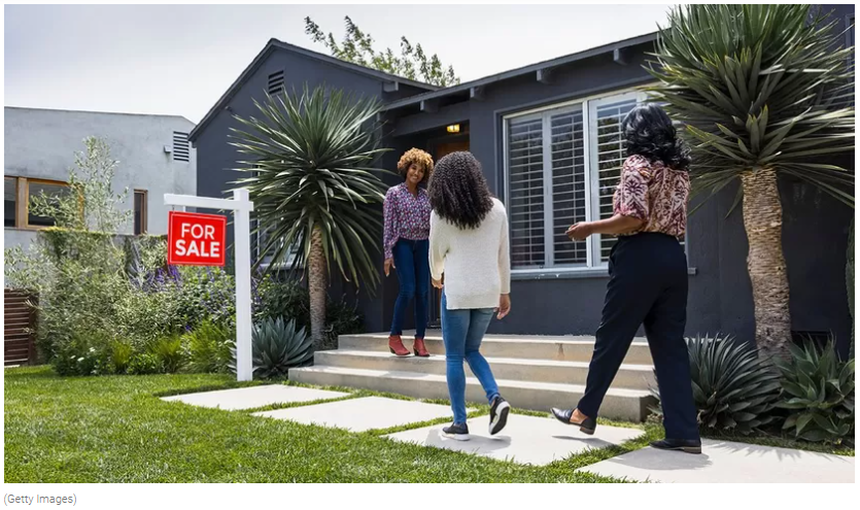


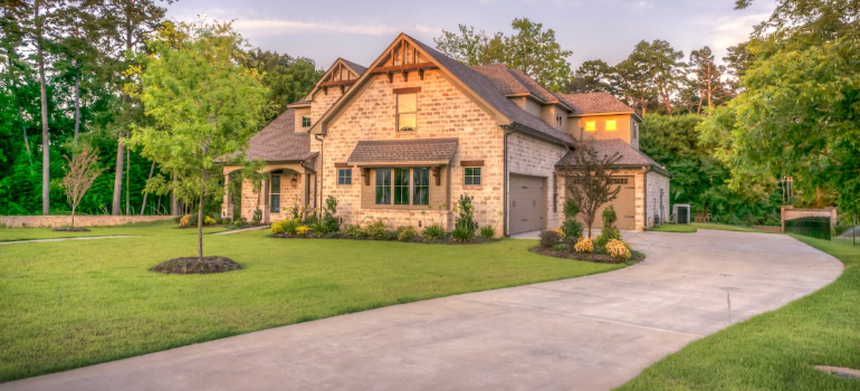



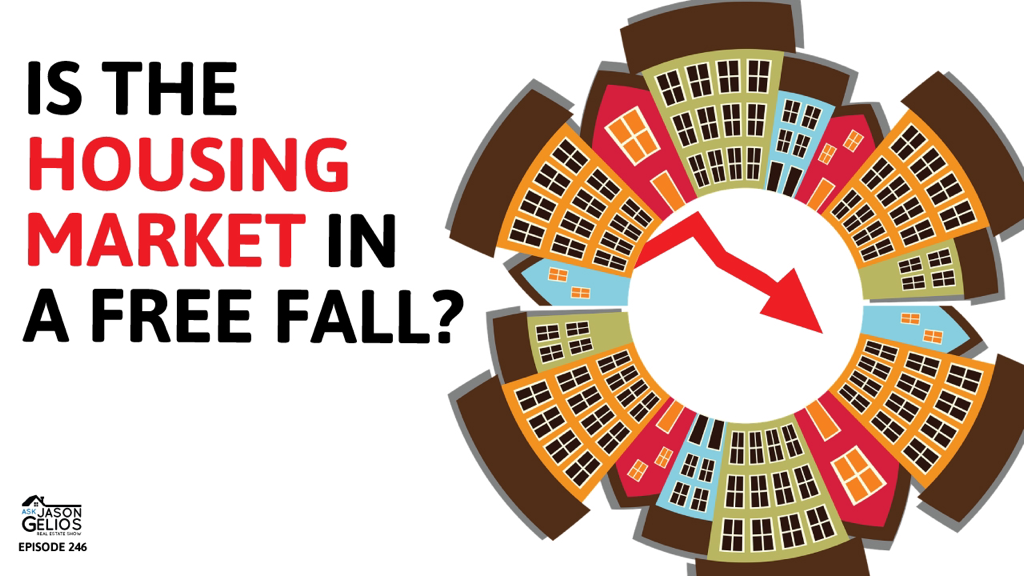

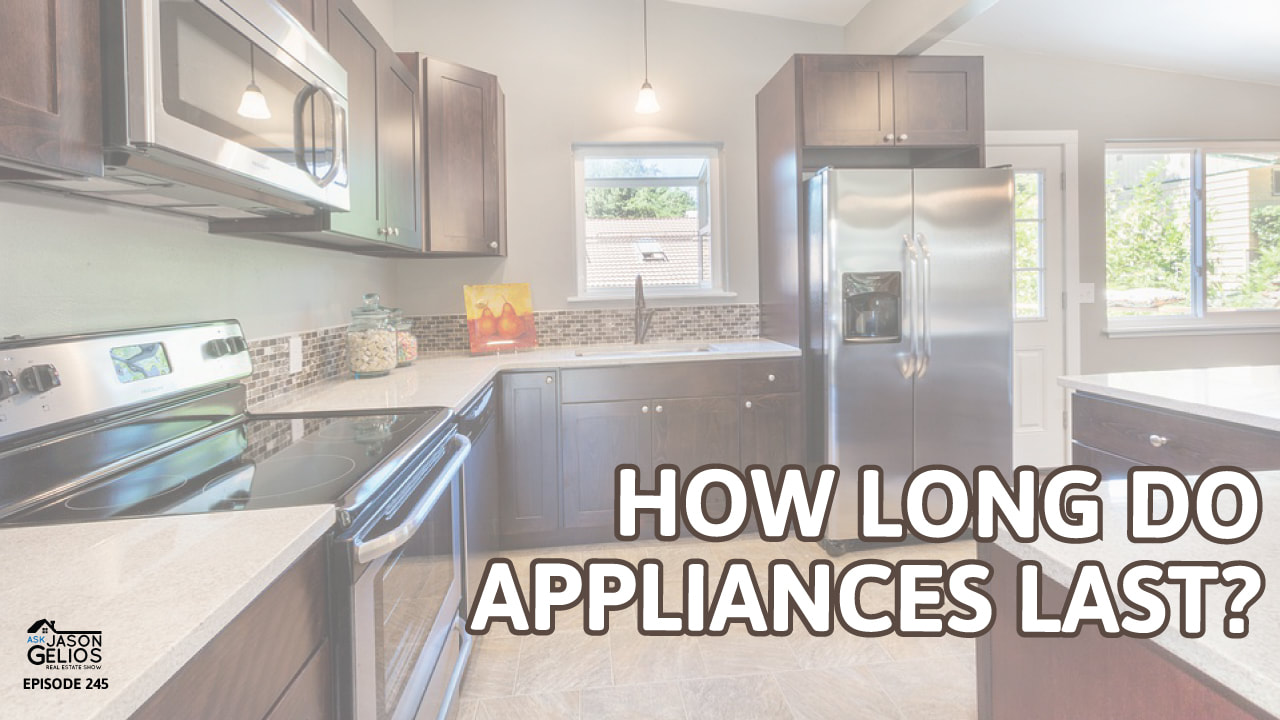



 RSS Feed
RSS Feed